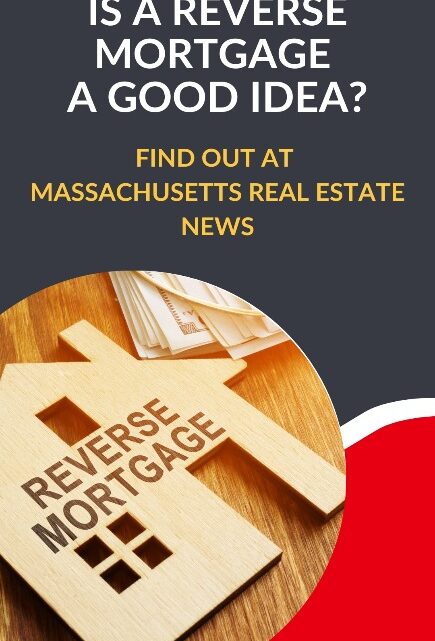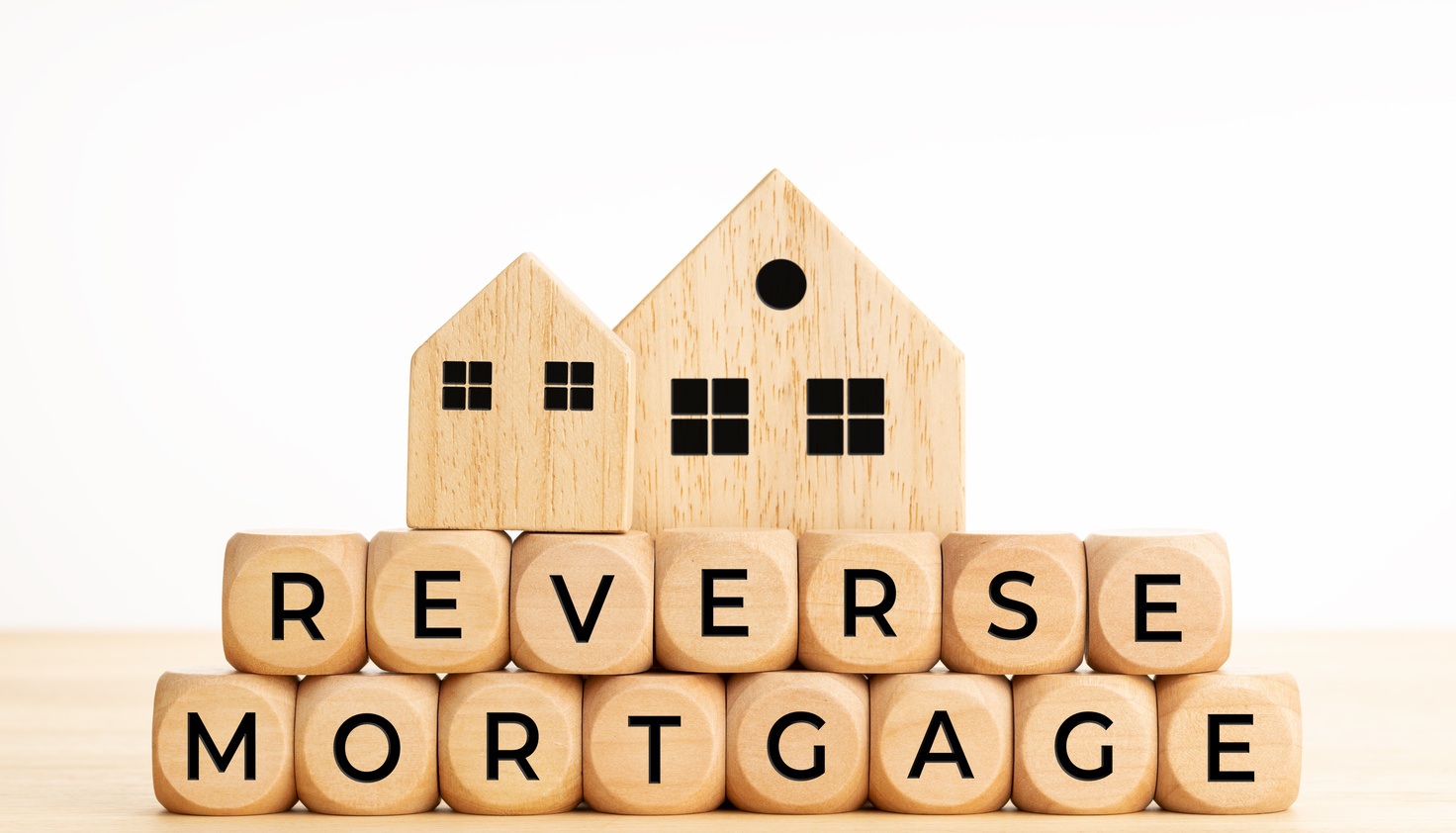Unlock Financial Liberty: Your Overview to Acquiring a Reverse Home Loan
Comprehending the details of reverse mortgages is essential for homeowners aged 62 and older seeking monetary freedom. As you consider this choice, it is critical to realize not only just how it functions however additionally the effects it may have on your financial future.
What Is a Reverse Mortgage?

The basic charm of a reverse home mortgage hinges on its possible to improve economic adaptability during retirement. Homeowners can make use of the funds for various purposes, consisting of clinical expenses, home improvements, or daily living costs, therefore supplying a safeguard throughout a vital stage of life.
It is necessary to understand that while a reverse home mortgage allows for increased cash flow, it additionally decreases the equity in the home with time. As passion builds up on the impressive funding equilibrium, it is important for prospective debtors to carefully consider their lasting financial plans. Consulting with a financial consultant or a reverse mortgage specialist can supply beneficial insights into whether this option straightens with a person's financial objectives and scenarios.
Qualification Demands
Understanding the eligibility needs for a reverse mortgage is essential for homeowners considering this financial option. To certify, candidates need to go to the very least 62 years old, as this age requirement permits senior citizens to gain access to home equity without month-to-month mortgage payments. Furthermore, the property owner has to occupy the house as their key residence, which can consist of single-family homes, specific condominiums, and manufactured homes meeting details guidelines.
Equity in the home is one more essential requirement; homeowners usually need to have a substantial quantity of equity, which can be established with an assessment. The quantity of equity readily available will directly affect the reverse home mortgage quantity. In addition, candidates need to show the capability to preserve the home, including covering real estate tax, house owners insurance policy, and upkeep costs, ensuring the home stays in good problem.
Additionally, possible consumers should undergo a monetary evaluation to assess their income, credit score history, and total financial circumstance. This analysis helps lending institutions identify the candidate's capability to fulfill ongoing responsibilities connected to the home. Fulfilling these needs is crucial for protecting a reverse mortgage and making sure a smooth economic change.
Advantages of Reverse Mortgages
Various advantages make reverse home mortgages an appealing option for seniors looking to boost their economic adaptability. purchase reverse mortgage. Among the key benefits is the capacity to transform home equity right into money without the requirement for regular monthly home loan payments. This function enables senior citizens to gain access to funds for numerous needs, such as medical expenses, home renovations, or daily living prices, therefore relieving economic stress
Additionally, reverse home mortgages give a safeguard; senior citizens can continue to live in their homes for as lengthy as they fulfill the finance demands, cultivating stability throughout retirement. The proceeds from a reverse home mortgage can additionally be utilized to delay Social Protection advantages, potentially resulting in greater payments later.
Furthermore, reverse home mortgages are non-recourse read here car loans, indicating that borrowers will never ever owe greater than the home's worth at the time of sale, shielding them and their beneficiaries from financial responsibility. Finally, the funds received from a reverse home mortgage are typically tax-free, adding one more layer of monetary alleviation. On the whole, these benefits placement reverse home loans as a practical remedy for elders seeking to enhance their financial circumstance while keeping their treasured home setting.

Expenses and Costs Involved
When thinking about a reverse home mortgage, it's check here important to be conscious of the numerous prices and fees that can impact the general monetary picture. Recognizing these expenses is important for making a notified choice concerning whether this economic item is right for you.
One of the primary expenses related to a reverse home loan is the source cost, which can vary by loan provider yet usually varies from 0.5% to 2% of the home's evaluated worth. In addition, home owners need to anticipate closing prices, which might consist of title insurance policy, appraisal costs, and credit rating report charges, typically amounting to numerous thousand bucks.
An additional considerable cost is home loan insurance premiums (MIP), which shield the lender against losses. This fee is usually 2% of the home's worth at closing, with a recurring annual premium of 0.5% of the remaining loan equilibrium.
Last but not least, it is essential to think about ongoing prices, such as real estate tax, property owner's insurance, and upkeep, as the debtor remains responsible for these expenditures. By thoroughly evaluating these fees and prices, house owners can much better assess the economic implications of seeking a reverse home loan.
Steps to Get Going
Starting with a reverse home mortgage involves numerous key actions that can help simplify the process and ensure you make informed choices. Initially, evaluate your economic situation and figure out if a reverse home mortgage aligns with your long-lasting goals. This includes examining your home equity, current debts, and the necessity for extra revenue.
Following, research various loan providers and their offerings. Seek respectable institutions with favorable testimonials, clear cost frameworks, and competitive rate of interest. It's vital to compare terms and conditions to discover the very best suitable for your demands.
After choosing a loan provider, you'll need to finish a comprehensive application process, which typically needs documentation of income, possessions, and property information. Take part in a counseling session with a HUD-approved counselor, that will certainly give understandings right into the implications and duties of a reverse home loan.
Verdict
In final see this here thought, reverse home loans present a viable alternative for senior citizens seeking to improve their financial security during retired life. By converting home equity right into available funds, homeowners aged 62 and older can attend to various economic needs without the stress of monthly settlements.
Comprehending the intricacies of reverse home loans is crucial for house owners aged 62 and older looking for financial liberty.A reverse mortgage is a monetary item developed mostly for homeowners aged 62 and older, enabling them to transform a portion of their home equity right into cash money - purchase reverse mortgage. Consulting with a reverse mortgage or a monetary expert specialist can supply beneficial insights into whether this choice straightens with an individual's economic objectives and circumstances
In addition, reverse home loans are non-recourse car loans, suggesting that borrowers will never ever owe even more than the home's worth at the time of sale, shielding them and their heirs from monetary obligation. Overall, these advantages placement reverse home mortgages as a practical solution for seniors seeking to improve their financial circumstance while preserving their treasured home atmosphere.
 Tony Danza Then & Now!
Tony Danza Then & Now! Danica McKellar Then & Now!
Danica McKellar Then & Now! Earvin Johnson III Then & Now!
Earvin Johnson III Then & Now! Barbara Eden Then & Now!
Barbara Eden Then & Now! Catherine Bach Then & Now!
Catherine Bach Then & Now!